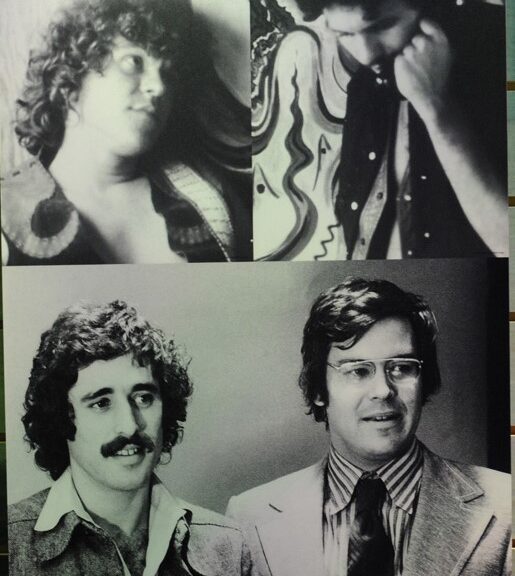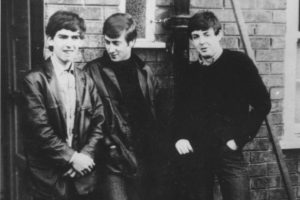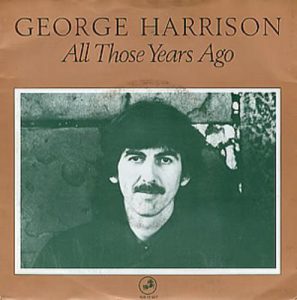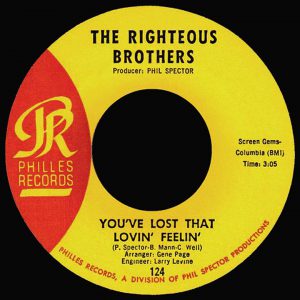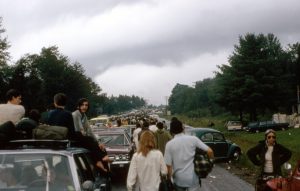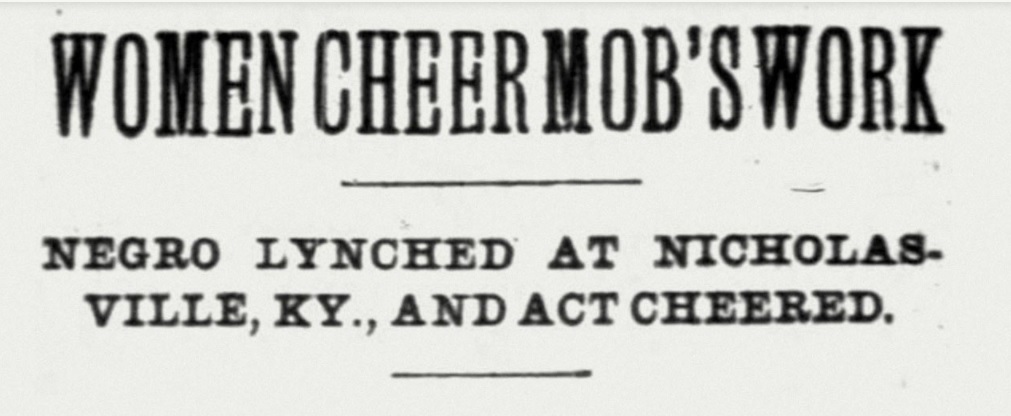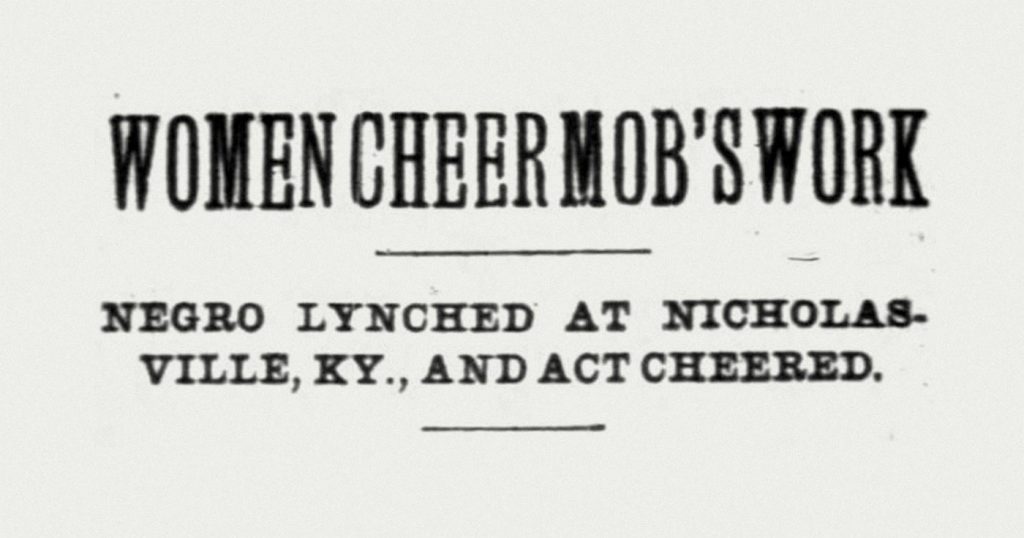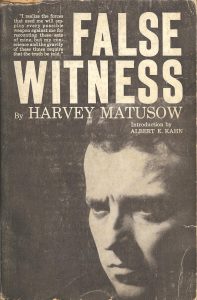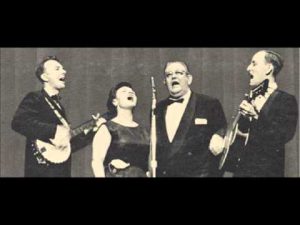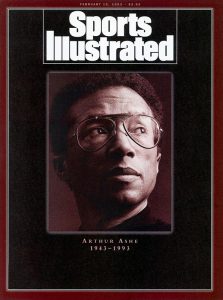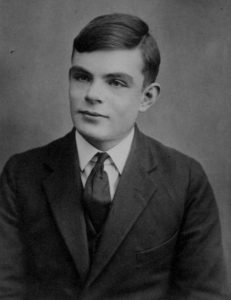February 7 Peace Love Art Activism
Technological Milestone
First gas streetlight
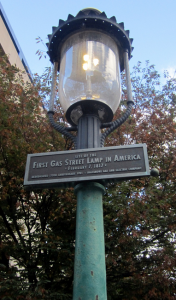 February 7, 1817: the first gaslit streetlights appeared on the streets of Baltimore, MD. (see October 26, 1825)
February 7, 1817: the first gaslit streetlights appeared on the streets of Baltimore, MD. (see October 26, 1825)
Space
February 7, 1984: American astronaut Bruce McCandless became the first person to fly un-tethered in space during the flight of the space shuttle Challenger. (NASA bio)
February 7 Peace Love Art Activism
US Labor History
Immigration History
February 7, 1887: the O’Neill bill was passed which amended the Contract Labor Law of 1885. It added three major sections to the original act. The problem was largely that although the law was sweeping in its prohibition of labor contracts, it was virtually impossible to enforce.
The new sections charged the secretary of the treasury with enforcement of the act, gave him power to establish needful rules and regulations, and provided that prohibited persons were to be sent back on arrival. (IH, see March 12, 1888; LH, see Nov 1)
Sugar refinery explosion
February 7, 2008: a huge explosion and fire at the Imperial Sugar refinery northwest of Savannah, Georgia, kills 14 and injures 38 people. The explosion was fueled by massive accumulations of combustible sugar dust throughout the packaging building. An investigation by the U.S. Chemical Safety Board stated that the explosion had been “entirely preventable,” noting that the sugar industry had been aware of the risk of dust explosions since 1926. (CSB report) (see Feb 13)
February 7 Peace Love Art Activism
BLACK HISTORY
Luther Holbert & unidentified woman lynched
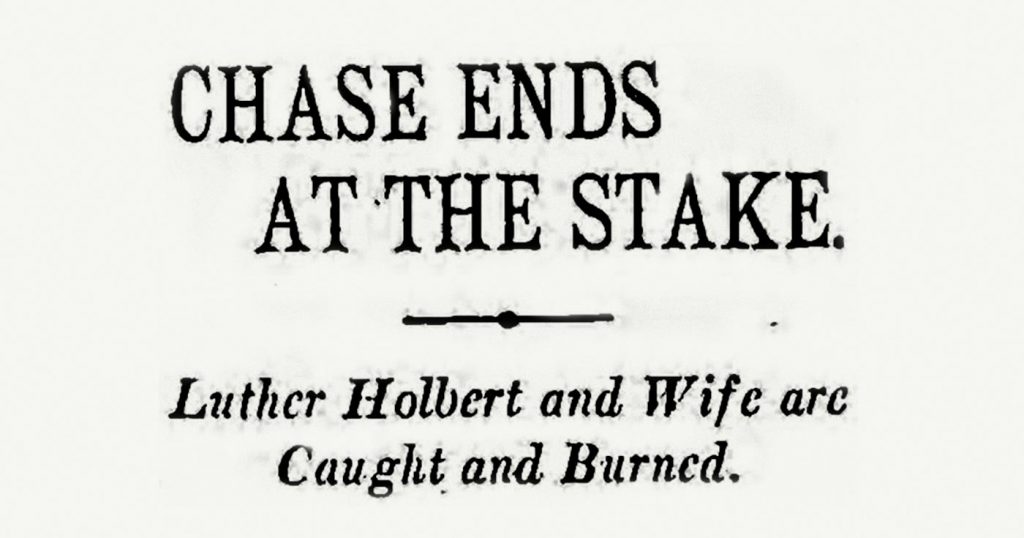 February 7, 1904: as hundreds of white people watched and cheered, a black man named Luther Holbert and an unidentified woman were tortured and killed in Doddsville, Mississippi, a Sunflower County town in the Mississippi Delta. Holbert was accused of shooting and killing James Eastland, a white landowner from a prominent, wealthy local family that owned a plantation where many of the area’s black laborers worked. After his shooting, James Eastland’s two brothers led the posse that captured Mr. Holbert and a black woman. Some news reports identified the woman as Mr. Holbert’s wife, but later research suggested she was not; her identity remains unknown.
February 7, 1904: as hundreds of white people watched and cheered, a black man named Luther Holbert and an unidentified woman were tortured and killed in Doddsville, Mississippi, a Sunflower County town in the Mississippi Delta. Holbert was accused of shooting and killing James Eastland, a white landowner from a prominent, wealthy local family that owned a plantation where many of the area’s black laborers worked. After his shooting, James Eastland’s two brothers led the posse that captured Mr. Holbert and a black woman. Some news reports identified the woman as Mr. Holbert’s wife, but later research suggested she was not; her identity remains unknown.
According to an eyewitness account published in the Vicksburg, Mississippi, Evening Post, Luther Holbert and the unnamed black woman were tied to trees while their funeral pyres were prepared. They were then forced to hold out their hands and watch as their fingers were chopped off, one at a time, and distributed as souvenirs. Next, the same was done to their ears. Mr. Holbert was then beaten so badly that his skull was fractured and one of his eyes hung by a shred from the socket. The lynch mob next used a large corkscrew to bore into the arms, legs, and body of the two victims, pulling out large pieces of raw, quivering flesh. The victims reportedly did not cry out, and they were finally thrown on the fire and allowed to burn to death. The event was described as a festive atmosphere, in which the audience of 600 spectators enjoyed deviled eggs, lemonade, and whiskey. [EJI story] (next BH, see June 13; next Lynching, see Aug 16 or for for expanded chronology, see American Lynching 2)
Lift Every Voice and Sing
In 1905: John Johnson, the brother of James Weldon Johnson who wrote the poem “Lift Every Voice and Sing,” put music it. (next BH, see April 14, 1906; see Lift for expanded story)
Marcus Garvey
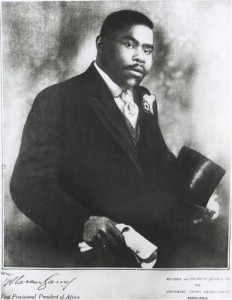 February 7, 1923: Edward Young Clarke, Imperial Giant of the Ku Klux Klan, came New York City from Atlanta, GA and appeared before the Federal Grand Jury as a witness against Garvey, who would to be tried on February 20 on a charge of defrauding investors in the Black Star Line. (BH, see Feb 13; see MG for expanded chronology)
February 7, 1923: Edward Young Clarke, Imperial Giant of the Ku Klux Klan, came New York City from Atlanta, GA and appeared before the Federal Grand Jury as a witness against Garvey, who would to be tried on February 20 on a charge of defrauding investors in the Black Star Line. (BH, see Feb 13; see MG for expanded chronology)
Carter G. Woodson
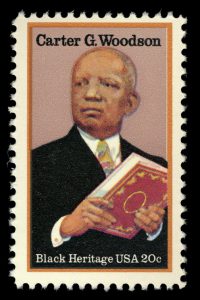 February 7, 1926: Negro History Week, originated by Carter G. Woodson, was observed for the first time. (see Sept 1)
February 7, 1926: Negro History Week, originated by Carter G. Woodson, was observed for the first time. (see Sept 1)
Medgar Evers & News Music
February 7, 1964: a Jackson, Mississippi jury, trying Byron De La Beckwith for the murder of Medgar Evers in June 1963, reported that it could not reach a verdict, resulting in a mistrial. The jury Was 7-5 for acquittal.
Phil Ochs had already released his composition “Ballad of Medgar Evers. (next Black History, see Feb 10; see Evers for extensive chronology; NM, see Mar 21)
UK’s National Front
 February 7, 1967: in the UK, the ultra-right National Front political party forms. Its slogan: “We must secure the existence of our people and a future for White Children“
February 7, 1967: in the UK, the ultra-right National Front political party forms. Its slogan: “We must secure the existence of our people and a future for White Children“
Viola Liuzzo
February 7, 1997: from the NYT, “Last week, a Confederate battle flag was spray-painted on a monument in Hayneville, Ala., to Viola Liuzzo.” (BH, see May 16; see VL for expanded chronology)
Alabama & 13th Amendment
February 7, 2013: Charles A. Barth, director of the Federal Register, wrote back to Mississippi Secretary of State, Delbert Hosemann, that he had received the resolution: “With this action, the State of Mississippi has ratified the 13th Amendment to the Constitution of the United States.” (see Feb 13)
Emmett Till
February 7, 2023: Emmett Till’s cousin Patricia Sterling of Jackson, Mississippi, filed a federal lawsuit against the current Leflore County sheriff, Ricky Banks. The suit sought to compel Banks to serve the warrant on Carolyn Bryant, now Carolyn Bryant Donham. [AP story] (next BH, see Apr 6; next ET, see Apr 25, or see Till chronology for expanded story)
February 7 Peace Love Art Activism
Vietnam
US recognizes Emperor Boa Dai
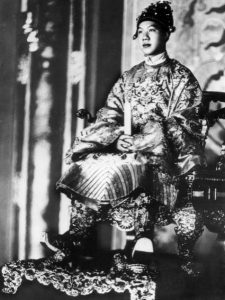 February 7, 1950: the United States recognized Vietnam under the leadership of Emperor Bao Dai, not Ho Chi Minh who was recognized by the Soviets. (see May 8)
February 7, 1950: the United States recognized Vietnam under the leadership of Emperor Bao Dai, not Ho Chi Minh who was recognized by the Soviets. (see May 8)
Viet Cong attack spurs US bombing
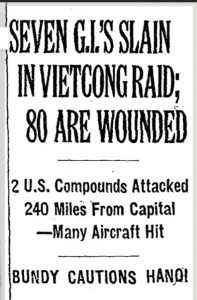 February 7, 1965: National Liberation Front commandos attacked a US helicopter base and advisory compound in the central highlands of South Vietnam. The attack killed seven Americans and wounded 80. President Johnson immediately ordered U.S. Navy fighter-bombers to attack military targets just inside North Vietnam. (see Feb 8)
February 7, 1965: National Liberation Front commandos attacked a US helicopter base and advisory compound in the central highlands of South Vietnam. The attack killed seven Americans and wounded 80. President Johnson immediately ordered U.S. Navy fighter-bombers to attack military targets just inside North Vietnam. (see Feb 8)
February 7 Peace Love Art Activism
Pledge of Allegiance
February 7, 1954: in the past, some American presidents had honored Lincoln’s birthday by attending services at the church Lincoln attended in Washington, DC, [the New York Avenue Presbyterian Church] by sitting in Lincoln’s pew on the Sunday nearest February 12. On February 7, 1954, with President Eisenhower sitting in Lincoln’s pew, the church’s pastor, George MacPherson Docherty, delivered a sermon based on the Gettysburg Address titled “A New Birth of Freedom.” He argued that the nation’s might lay not in arms but its spirit and higher purpose. He noted that the Pledge’s sentiments could be those of any nation, that “there was something missing in the pledge, and that which was missing was the characteristic and definitive factor in the American way of life.” He cited Lincoln’s words “under God” as defining words that set the United States apart from other nations.
President Eisenhower, baptized a Presbyterian the previous February, responded enthusiastically to Docherty in a conversation following the service. (see PoA for expanded chronology)
February 7 Peace Love Art Activism
February 7 Music et al
Van Gelder Studios
 February 7, 1960: Hank Mobley recorded his “Soul Station” album in Van Gelder Studios of Rudy Van Gelder in Englewood Cliffs, NJ. After having gained a reputation in the mid-Fifties for the quality of the recordings he made in the living room at his parents’ house in Hackensack, New Jersey, Van Gelder moved to a new facility in Englewood Cliffs in 1959. The structure was inspired by the work of Frank Lloyd Wright and bore some resemblance to a chapel, with 39-foot ceilings and fine acoustics. Critic Ira Gitler described the studio in The Space Book (1964) liner notes:”In the high-domed, wooden-beamed, brick-tiled, spare modernity of Rudy Van Gelder’s studio, one can get a feeling akin to religion.” (next TC, see Apr 4; see Van Gelder for expanded story on studio)
February 7, 1960: Hank Mobley recorded his “Soul Station” album in Van Gelder Studios of Rudy Van Gelder in Englewood Cliffs, NJ. After having gained a reputation in the mid-Fifties for the quality of the recordings he made in the living room at his parents’ house in Hackensack, New Jersey, Van Gelder moved to a new facility in Englewood Cliffs in 1959. The structure was inspired by the work of Frank Lloyd Wright and bore some resemblance to a chapel, with 39-foot ceilings and fine acoustics. Critic Ira Gitler described the studio in The Space Book (1964) liner notes:”In the high-domed, wooden-beamed, brick-tiled, spare modernity of Rudy Van Gelder’s studio, one can get a feeling akin to religion.” (next TC, see Apr 4; see Van Gelder for expanded story on studio)
The Beatles
Please Please Me
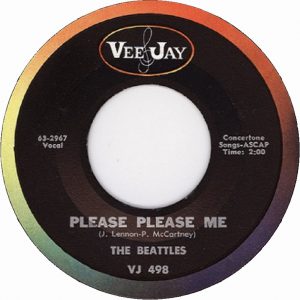 February 7, 1963: “Please Please Me”/ “Ask Me Why” released as single on Vee-Jay label.
February 7, 1963: “Please Please Me”/ “Ask Me Why” released as single on Vee-Jay label.
Dick Biondi, a disc jockey on WLS in Chicago and a friend of Vee-Jay executive Ewart Abner, played the song on the radio thus becoming the first DJ to play a Beatles record in the US. It reached No. 35 on WLS music survey in March, but did not chart nationally; not on Billboard. Note the misspelling…Beattles. (see Mar 3)
Beatles arrive in USA
February 7, 1964: arrive in the US and are greeted by thousands of screaming fans at NYC’s Kennedy Airport. (see Feb 9)
February 7 Peace Love Art Activism
INDEPENDENCE DAY
February 7, 1974: Grenada independent of United Kingdom. (see June 25, 1975)
February 7 Peace Love Art Activism
Feminism
February 7, 1983: Elizabeth Dole becomes the first woman to serve as the U.S. Secretary of Transportation. (see May 23)
February 7 Peace Love Art Activism
IRAQ
Iran invades Iraq
February 7, 1983: Iran opened an invasion in the southeast of Iraq.(see March 5, 1984)
US invades Kuwait
February 7, 1991: US ground troops cross the Saudi Arabian border and enter Kuwait starting the ground phase of the war. (see Feb 23)
February 7 Peace Love Art Activism
Dissolution of the USSR
February 7, 1990: the Central Committee of the Soviet Union’s Communist Party agreed to endorse President Mikhail Gorbachev’s recommendation that the party give up its 70-year long monopoly of political power. The Committee’s decision to allow political challenges to the party’s dominance in Russia was yet another signal of the impending collapse of the Soviet system. (see Mar 15)
February 7 Peace Love Art Activism
The Euro
 February 7, 1992: members of the European Community signed the Maastricht Treaty in Maastricht, Netherlands. The Treaty created the European Union and eventually to the creation of the single European currency, the euro.
February 7, 1992: members of the European Community signed the Maastricht Treaty in Maastricht, Netherlands. The Treaty created the European Union and eventually to the creation of the single European currency, the euro.
February 7 Peace Love Art Activism
TERRORISM
February 7, 1995: Ramzi Yousef, the alleged mastermind of the 1993 World Trade Center bombing, was arrested in Islamabad, Pakistan. (see November 13, 1995)
February 7 Peace Love Art Activism
Sexual Abuse of Children
February 7, 2005: Paul Shanley convicted of four charges relating to offences committed in the 1980s including rape and indecent assault. (Sexual; abuse, see Feb 15; Shanley, see July 28, 2017)
February 7 Peace Love Art Activism
LGBTQ
February 7, 2012: the Ninth Circuit Court of Appeals in California ruled 2–1 that Proposition 8, the 2008 referendum that banned same-sex marriage in state, was unconstitutional because it violated the Equal Protection Clause of the 14th Amendment. In the ruling, the court said, the law “operates with no apparent purpose but to impose on gays and lesbians, through the public law, a majority’s private disapproval of them and their relationships.” (see Feb 13)
February 7 Peace Love Art Activism
Cannabis
February 7, 2014: the farms bill signed by President Obama included a provision that legalizes hemp cultivation for research purposes. Under the new law, universities and state departments of agriculture would be authorized to cultivate hemp for research purposes in states where its been legalized; prior to this law, a license from the Drug Enforcement Administration (DEA) was required to research hemp, a license which was virtually impossible to receive. Nine states in the U.S. that had legalized hemp cultivation; California, Oregon, Colorado, Montana, West Virginia, Vermont, North Dakota, Kentucky and Maine. (next Cannabis, see Feb 14 or see CCC or expanded chronology)
February 7 Peace Love Art Activism
Immigration History
February 7, 2017: the United States Court of Appeals for the Ninth Circuit heard August E. Flentje , a Justice Department lawyer said courts should not second-guess President Trump’s targeted travel ban.
The appeals court judges sometimes seemed taken aback by the assertiveness of the administration’s position, which in places came close to saying the court was without power to make judgments about Mr. Trump’s actions. (see Feb 9)
February 7 Peace Love Art Activism
Women’s Health
Affordable Care Act
February 7, 2018: with ongoing waffling regarding women’s health, University of Notre Dame President Father John Jenkins announced a ban on “abortion-inducing drugs” from its third-party-provided insurance plans. (WH, see Feb 14; ND & ACA, see June 26)
Access
February 7, 2019: the US Supreme Court blocked a Louisiana law that its opponents say would have left the state with only one doctor in a single clinic authorized to provide abortions.
The vote was 5 to 4, with Chief Justice John G. Roberts Jr. joining the court’s four-member liberal wing to form a majority. That coalition underscored the pivotal position the chief justice has assumed after the departure last year of Justice Anthony M. Kennedy, who used to hold the crucial vote in many closely divided cases, including ones concerning abortion. [NYT story] (see Mar 25)
February 7 Peace Love Art Activism
DEATH PENALTY
February 7, 2019: the US Supreme Court allowed the execution of Domineque Ray, a Muslim inmate in Alabama, whose request that his imam be present had been denied.
The vote was 5 to 4, with the four more liberal members of the court in dissent.
The majority offered little reasoning but said that Ray had waited too long to object. Justice Elena Kagan, writing for the dissenters, said the majority was “profoundly wrong.”
Under Alabama’s policy, she wrote, “a Christian prisoner may have a minister of his own faith accompany him into the execution chamber to say his last rites.”
“But if an inmate practices a different religion — whether Islam, Judaism or any other — he may not die with a minister of his own faith by his side,” Justice Kagan wrote. [NYT article] (next DP, see Mar 13; religion & DP, see Feb 27)
February 7 Peace Love Art Activism
Trump Impeachment
February 7, 2020: NBC News reported that President Donald Trump had fired Gordon Sondland, the U.S. ambassador to the European Union and removed Lt. Col. Alexander Vindman from his White House job.
Both officials had provided critical information about Trump during public hearings, with Sondland saying the president sought a “quid pro quo” with Ukraine’s leader and Vindman criticizing Trump’s conduct during a July 25th phone call with Ukrainian President Volodymyr Zelenskiy as “improper.”
Vindman, the top Ukraine expert on the National Security Council who testified during the House impeachment inquiry, was ousted from his job and escorted out of the White House. Vindman’s twin brother, who also worked for the NSC, was also removed from his post. (next TI, see or see Trump for expanded chronology)
February 7 Peace Love Art Activism
Native Americans/Trump Wall
February 7, 2020: CBS News reported that US border contractors had begun “controlled blasting” at a sacred burial grounds where members of the Tohono O’odham Nation buried their ancestors to make way for President Donald Trump’s US-Mexico border wall
The site is located inside Arizona’s Organ Pipe Cactus National Monument on land adjacent to the Tohono O’odham Nation. Archaeologists touring the site before construction said they found human remains dating back 10,000 years.
“The construction contractor has begun controlled blasting, in preparation for new border wall system construction, within the Roosevelt Reservation at Monument Mountain in the US Border Patrol’s Tucson Sector,” the US Customs and Border Protection said in a statement. (next NA, see Apr 17; next Immigration, see Feb 21; next TW, see June 24, or see Wall for expanded chronology)


